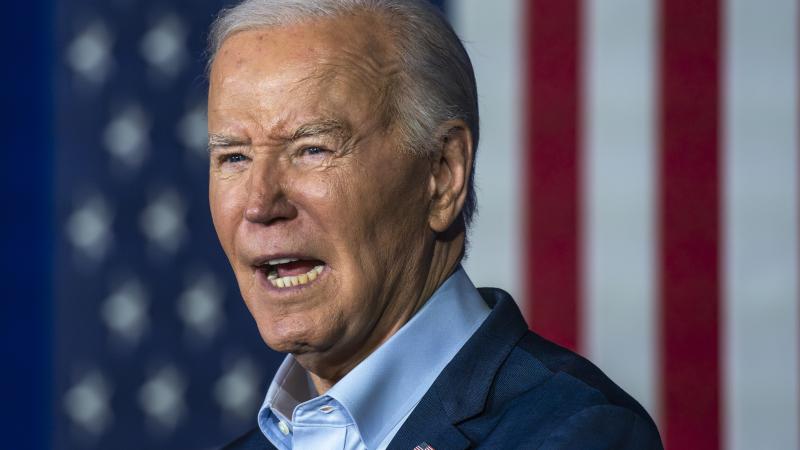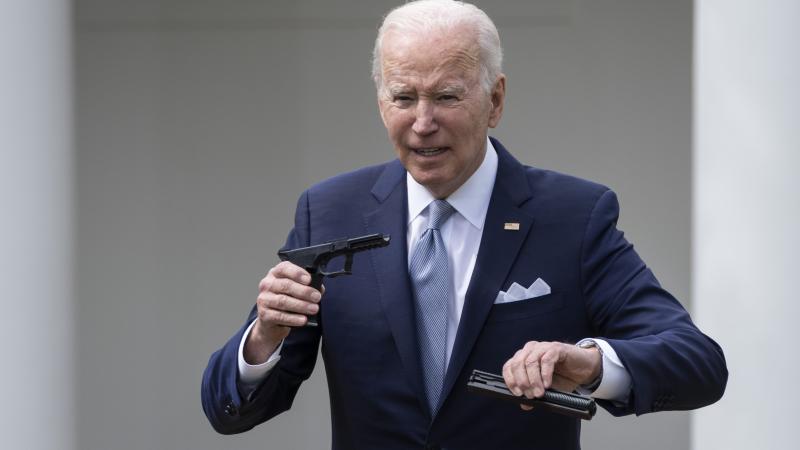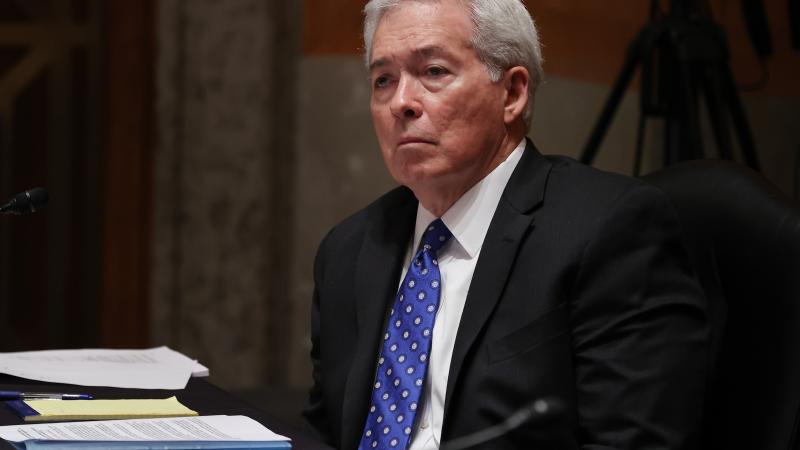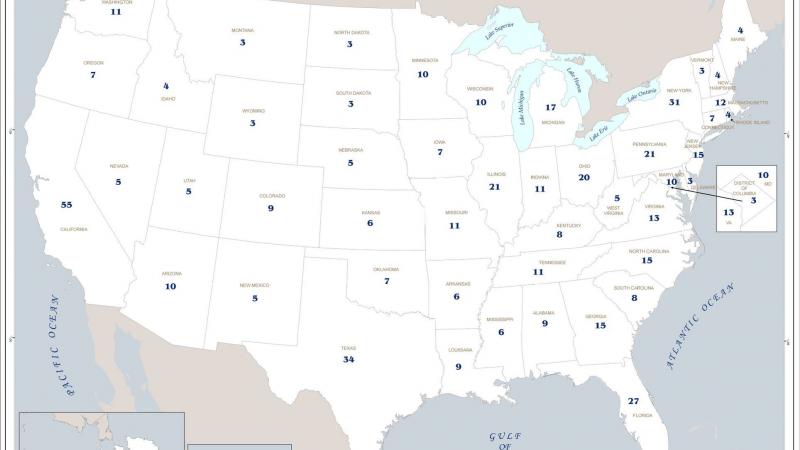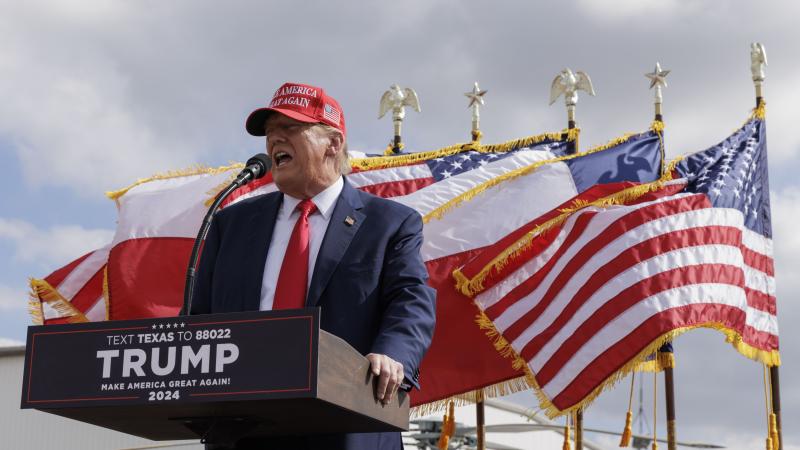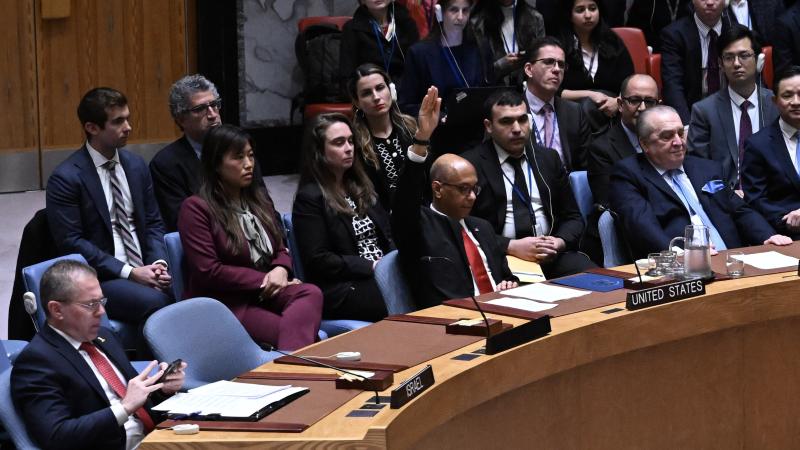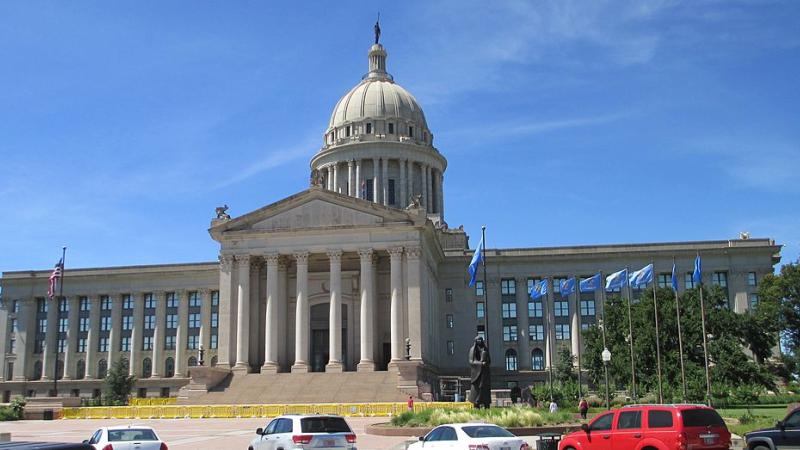Some of Biden's COVID-19 task force appointees have stirred controversy in the past
Task force members have battled ethics allegations, oxycontin failures and policy disputes.
Joe Biden's first post-election appointments — a handful of medical experts to a COVID-19 task force — are already generating controversy. They include a former Clinton-era Food and Drug Administration chief who was run off the job after ethics concerns and later admitted his agency's stewardship of the painkiller oxycontin was "one of the worst medical mistakes" in history.
Others named to the panel this week include a vaccine expert ousted by the Trump administration, a medical specialist who wants to lock down America for a month or more to slow the latest surge in COVID-19, and a politically connected oncologist who proclaimed life wasn't worth living after age 75. (Joe Biden is 77.)
That same oncologist Dr. Zeke Emanuel, whose brother is the former Obama White House chief of staff and Chicago Mayor Rahm Emanuel, also now argues U.S. makers of coronavirus vaccines shouldn't automatically reserve them entirely for Americans and should instead spread them across the world.
"Associative ties only justify a government's giving some priority to its own citizens, not absolute priority," Emanuel and other co-authors wrote in a medical journal article in September that argued for a "fair priority model" for distributing vaccines.
In layman's terms, that model mandates the U.S. not hold onto all doses to inoculate its entire population but rather save only enough of its vaccines to get its population to a herd immunity level (a transmission value below 1.0) then give the rest of the doses to other countries who haven't reached herd immunity.
"Reasonable national partiality does not permit retaining more vaccine than the amount needed to keep the rate of transmission below 1, when that vaccine could instead mitigate substantial COVID-19-related harms in other countries that have been unable to keep Rt below 1 through ongoing public-health efforts," his article argued.
Public perception of Biden's appointments is split, with conservatives fearing it will be lead to a big-government-driven, globalist approach, while others cheer it as a fresh departure from President Trump's perceived nationalist agenda.
"Biden's Taskforce members are the best and the brightest," said Dr. Dennis Carroll, the chairman of The Global Virome Project and a Trump critic who claims the president "is personally responsible" for the pandemic.
On the flip side, critics of the task force see the potential for liberal and globalist ideology to eclipse common-sense solutions.
"This particular task force could, with the help of supporting entities, such as Bill Gates, George Soros, World Health Organization, and the Center for American Progress bring the U.S. to a perilous global healthcare situation, where the U.S. would be only a part of a global healthcare systems network," said Katherine Tillman, a longtime health care policy analyst and Medicare fraud investigator.
Whatever the case, Biden says his COVID-19 policy will be strongly shaped by the task force members he named Monday. "Dealing with the coronavirus pandemic is one of the most important battles our administration will face, and I will be informed by science and by experts," he said. "The advisory board will help shape my approach to managing the surge in reported infections; ensuring vaccines are safe, effective, and distributed efficiently, equitably, and free; and protecting at-risk populations."
Of all the appointments, former FDA Commissioner David Kessler as a co-chair of the task force brings some of the largest controversies. Kessler was named by President George H.W. Bush in 1990 to head the agency and by 1996 was driven from office by sharp bipartisan criticism of his management of the federal government's food and drug regulator. He received significant credit from public health advocates for fighting tobacco companies, but he was criticized for spending too much time speeding drug approvals, ignoring safety concerns about drugs, slow-walking ethical conflicts, and seeking too much media attention.
For instance, three Democratic members of Congress, including then-Rep. Bernie Sanders, demanded a federal investigation into possible conflicts of interest involving three FDA supervisors who had past ties to Monsanto Corp. as the agency approved one of the company's genetically engineered drugs that increased milk production in cows.
"A troubling pattern of unanswered questions is emerging that suggests an altogether too cozy relationship between some FDA officials central to this food safety decision and their close dealings with the Monsanto Company," Sanders said at the time. FDA and Monsanto denied any wrongdoing.
Kessler's own conduct also came under scrutiny when congressional investigators accused him of overcharging taxpayers for hotels and taxi rides on his federal expense account. He wrote an $850 check to resolve the controversy. But by 1996, Kessler's management of FDA had become a large enough controversy that even GOP presidential candidate Bob Dole made it an issue during his unsuccessful campaign to stop Bill Clinton's re-election. Kessler resigned in late 1996.
Two years ago, Kessler returned to the headlines with a stark interview in which he conceded FDA's oversight of the painkiller oxycontin during his tenure hurt public safety and contributed to the opioid crisis.
"No doubt it was a mistake," Kessler said in 2018. "It was certainly one of the worst medical mistakes, a major mistake."
Other members of the task force have enjoyed widespread public support and respect, including:
- Marcella Nunez-Smith, Yale University's associate dean for health equity research.
- Former U.S. Surgeon General Vivek Murthy, who championed healthier living, diet and exercise under President Barack Obama.
The task force also includes Trump critics as its members, including Rick Bright. The former head of the federal vaccine-development agency BARDA was fired by Trump in April after clashes over COVID-19 strategies and contracting and has since been highly critical of the administration.
The Facts Inside Our Reporter's Notebook
Links
- politically connected oncologist who proclaimed life wasnât worth living after age 75
- Emanuel and other co-authors wrote in a medical journal article in September
- The Global Virome Project
- driven from office by sharp bipartisan criticism of his management
- demanded a federal investigation into possible conflicts of interest
- Kesslerâs own conduct also came under scrutiny
- Kessler said in 2018
- Rick Bright


